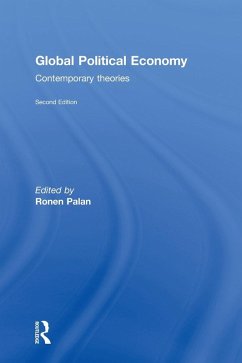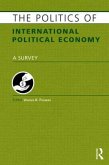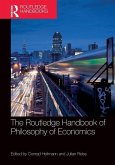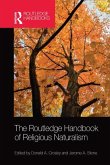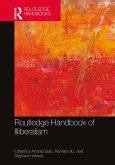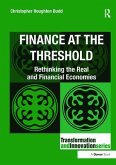Global Political Economy (GPE) is a broad and varied field of study and draws insight from a great number of fields and approaches. One of the serious problems confronting academics and students is the sheer mass of theories and debates in the field. This textbook provides up-to-date summaries of the debates and approaches that are currently at the forefront of both European and American GPE.
This new revised and expanded second edition contains updated versions of most of the original chapters. In addition, there is a new section entitled 'Emerging issues in contemporary Global Political Economy (GPE)' and six new chapters.
The second edition is structured around three themes:
Part I focuses on the six central concepts of GPE: state, firm, power, labour, finance and globalization. Each one of them has been increasingly subjected to a rigorous and critical evaluation in recent scholarship.
Part II covers a select number of theories and debates currently at the forefront of GPE: game theory; behavioural economics; neo-, sociological and evolutionary institutionalism; neo-Marxism; development and post-development; libidinal economies; and economic constructivism.
Part III, which is new to this edition, is entitled 'Emerging issues in contemporary Global Political Economy (GPE)' and focuses on war, state and International Political Economy (IPE); race, gender and culture; environmental politics; and the rise of China.
This is essential reading for all serious scholars and advanced students of IPE.
This new revised and expanded second edition contains updated versions of most of the original chapters. In addition, there is a new section entitled 'Emerging issues in contemporary Global Political Economy (GPE)' and six new chapters.
The second edition is structured around three themes:
Part I focuses on the six central concepts of GPE: state, firm, power, labour, finance and globalization. Each one of them has been increasingly subjected to a rigorous and critical evaluation in recent scholarship.
Part II covers a select number of theories and debates currently at the forefront of GPE: game theory; behavioural economics; neo-, sociological and evolutionary institutionalism; neo-Marxism; development and post-development; libidinal economies; and economic constructivism.
Part III, which is new to this edition, is entitled 'Emerging issues in contemporary Global Political Economy (GPE)' and focuses on war, state and International Political Economy (IPE); race, gender and culture; environmental politics; and the rise of China.
This is essential reading for all serious scholars and advanced students of IPE.
Praise for the preivous edition:
Ronen Palan has assembled an excellent volume of essays by mostly young authors on topics of central interest to scholars interested in international political economy and globalization. The volume is unique in including authors who are willing to discuss a broad range of theoretical perspectives. It will make exciting reading for students and a source of good classroom discussions. - Jeffrey Hart, Professor of Political Science, Indiana University
A broad and wide-ranging exploration of the new global political economy. This book powerfully challenges all of our hegemonic orthodoxies and makes us rethink the concepts of state, market and globalization. - Helen Milner, Professor of Political Science at Columbia University
Ronen Palan has assembled an excellent volume of essays by mostly young authors on topics of central interest to scholars interested in international political economy and globalization. The volume is unique in including authors who are willing to discuss a broad range of theoretical perspectives. It will make exciting reading for students and a source of good classroom discussions. - Jeffrey Hart, Professor of Political Science, Indiana University
A broad and wide-ranging exploration of the new global political economy. This book powerfully challenges all of our hegemonic orthodoxies and makes us rethink the concepts of state, market and globalization. - Helen Milner, Professor of Political Science at Columbia University

